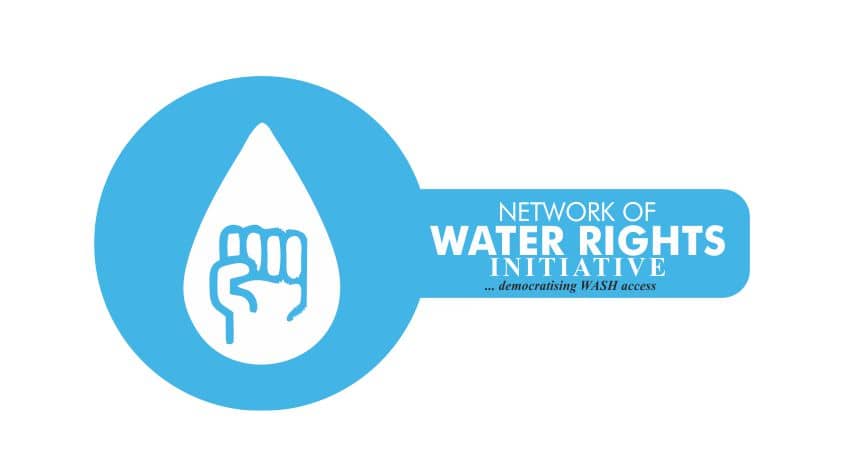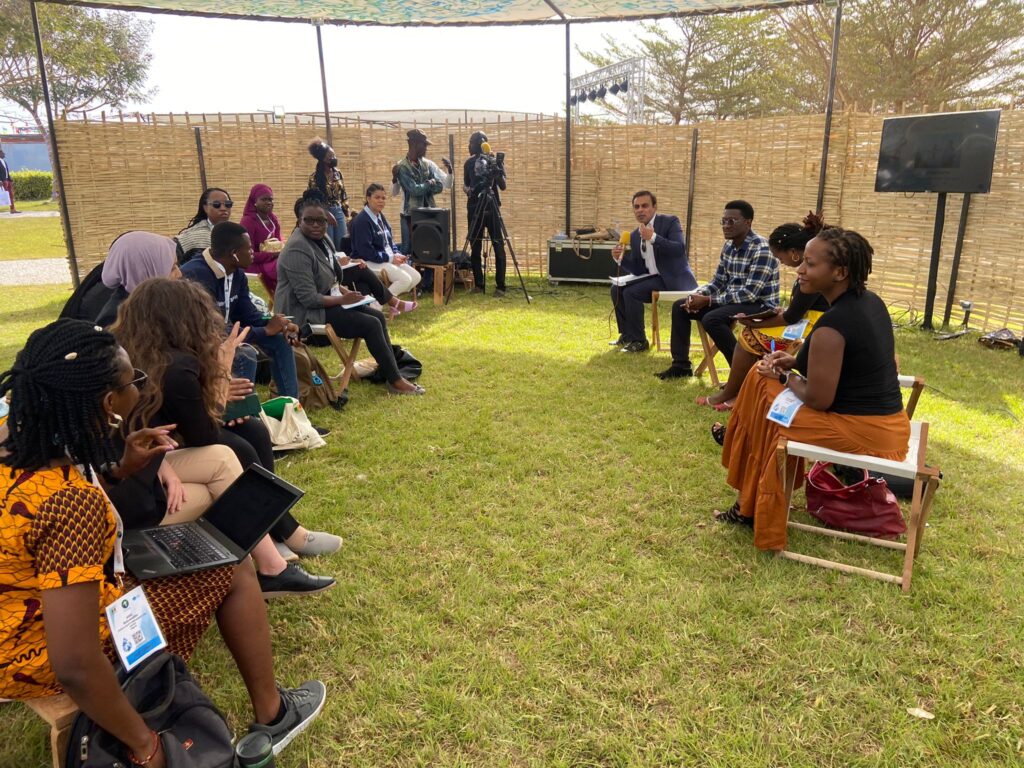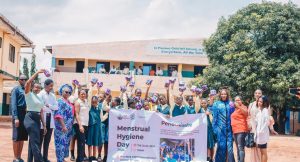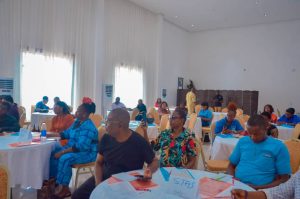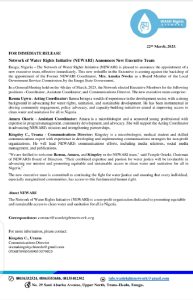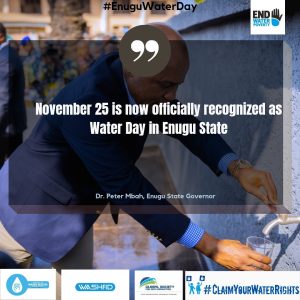Africa’s water sector faces numerous challenges that threaten its future. Sub-Saharan Africa is experiencing severe water scarcity and has the ‘largest number of water-stressed countries of any region in the world’, according to the United Nations and the lack of human capacities for managing water is one of the primary contributors to Africa’s water scarcity challenges. Amidst these challenges, a critical demographic remains untapped: the youth. The current dearth of youth participation or involvement in Africa’s water sector poses a grim outlook for the continent’s future.
“Africa has the youngest population in the world, with 70% of sub-Saharan Africa under the age of 30”. Out of 420 million African youth aged 15 to 35, one third are unemployed with many more underemployed. The alarmingly low representation of African youth in the water sector has been attributed to several factors such as:
- Limited awareness and education about career opportunities in the water sector
- Insufficient training and capacity-building programs
- Lack of mentorship and role models
- Limited access to funding and resources.
This situation has far-reaching consequences that manifest in various forms such as:
- Brain drain: Talented young individuals pursue careers in other sectors, depriving the water sector of fresh perspectives and innovation
- Skills gap: Digital savvy youth are applying their digital skills in other sectors for sustainable development, thus leaving the water sector in Africa, lagging and hindering its ability to address complex water challenges
- Threatened Sustainability: Without youth involvement, the sector’s future is uncertain, threatening long-term sustainability.
There is no gainsaying that realizing the aspirations of a water-secure Africa requires strategic and intentional inclusion and engagement of young people in the continent’s water sector. According to UNESCO, the potential of transforming employment challenges into opportunities, particularly in water sector, will expand economies, promote social inclusion and lead to the creation of more decent jobs. Therefore, with the twin threats of water crisis and unemployment being the reality of most African Youth, strategically engaging youth in water sector is key to achieving a win-win situation.
Bridging the Gap
To address this dearth of youth participation and capacity in Africa’s water sector, the following strategies are worth considering:
- Digital Water Drive for young professionals: Harnessing, developing, and nurturing, the digital skills of young professionals for application in the water sector, is instrumental in securing Africa’s water future. Digital Water has come to stay and there is no better ‘driver’ of this wave-of-change than the digital-savvy youth across Africa. Capacity building on digital water for youth across Africa should be prioritized by stakeholders in the sector.
- Organizational Development for Youth Water Networks and Youth-led Water Organizations: Developing and implementing comprehensive training programs, workshops, and mentorship initiatives to equip water-focused organizations led by youth in Africa, is key to achieving water security in Africa. Empowerment of youth-led organizations and youth water networks across Africa, through dedicated youth funds and grants will not only boost their societal impacts but will better position them to attract more young people to join the Africa water sector.
- Water Enterprise Schemes: There are series of untapped opportunities in the water supply and sanitation value chain that can be harnessed through enterprise programmes for young professionals in Africa. Such programmes should have established funding mechanisms and resources that enable young entrepreneurs and professionals to innovate and excel in the water sector.
- Policy and Regulatory Reforms: The recently launched Youth and Gender Inclusion (YoGI) Strategy by African Ministers’ Council on Water (AMCOW) sets a great precedent for involving young people in Africa’s water sector. The operationalization of the YoGI strategy for water and sanitation interventions by Development partners and African Leaders is key to promoting youth participation, entrepreneurship, and innovation in Africa’s water sector. The Strategy is designed to empower youth and women who have primary responsibilities for managing household water supply, sanitation, and health needs.
- Awareness and Education: There is a cogent need to bridge the awareness gap about career opportunities in the water sector in Africa. On a global scale, Josh Water Jobs and also the Global South Opportunities (for general global south jobs) are already setting the pace in this direction. The need for more dedicated and targeted platforms, campaigns, forums and fairs that raise awareness about career opportunities in the Africa water sector, cannot be over-emphasized.
Empowering and engaging youth in Africa’s water sector is crucial for addressing the continent’s water challenges and ensuring a sustainable future. By bridging the gap, we can unlock the potential of young professionals, drive innovation, and create a more resilient water sector. Let us prioritize youth empowerment and work together to build a better future for Africa’s water sector.
